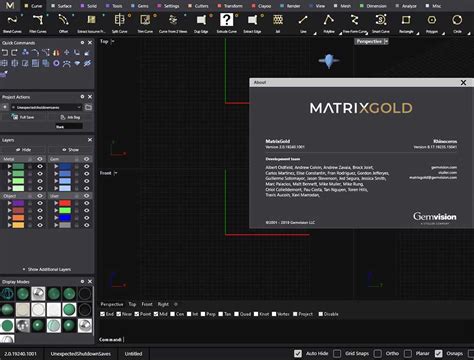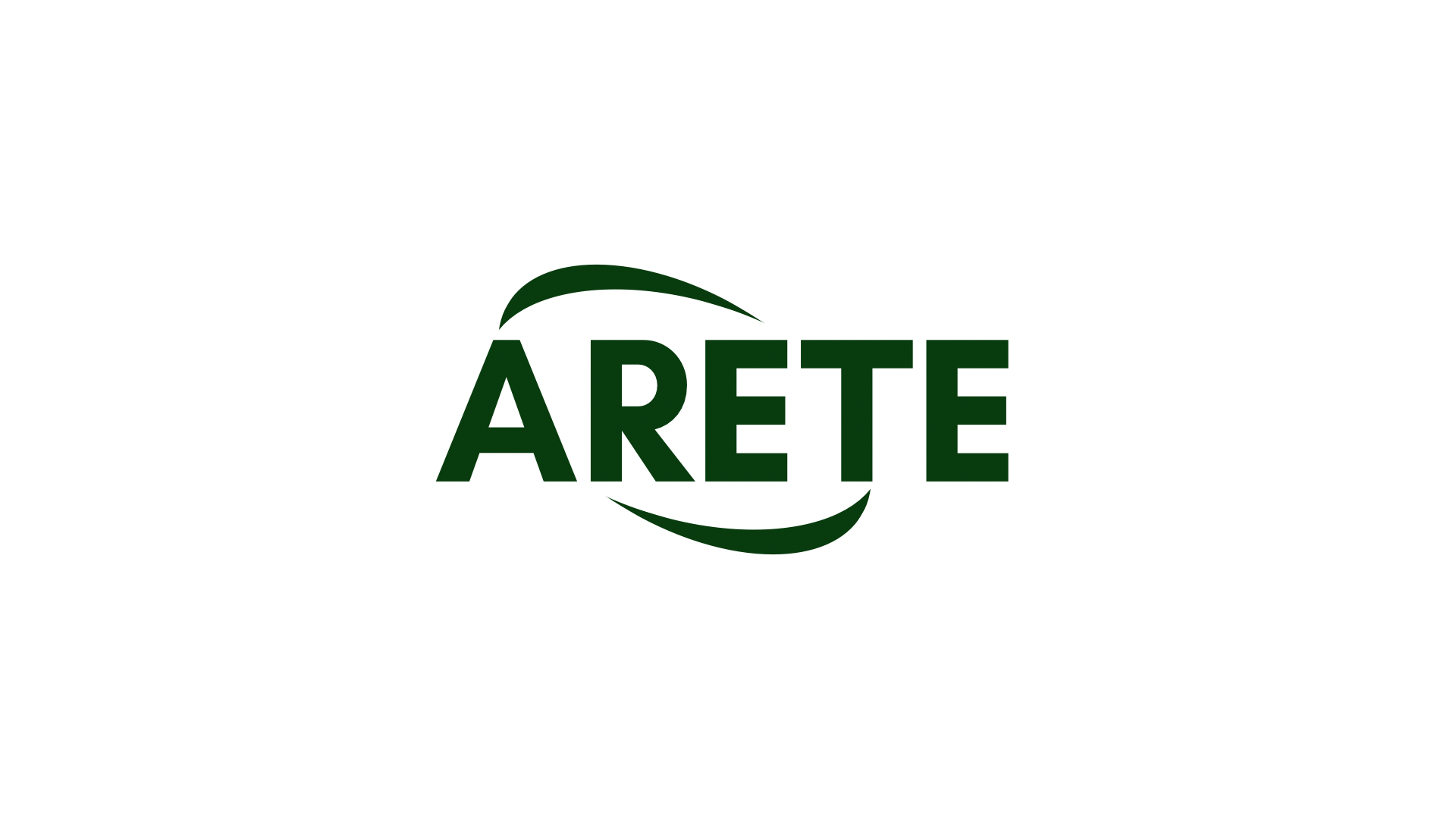Understanding Ethereum’s Minimum Disk Space Requirements: A Key Consideration for Full Node Operation
When it comes to running a full node on the Ethereum network, securing and maintaining a significant amount of storage space is crucial. The blockchain itself currently weighs in at around 390 GB, which may seem daunting, but there are specific requirements that must be met before a full node can operate safely and efficiently.
As reported on the Ethereum project’s official website, bitcoin.org, the minimum hard drive space required to run a full node on the network is a topic of ongoing debate. However, based on current information and expert opinions, we will dive deeper into the details and explore the factors that contribute to this minimum disk space requirement.
Why 390GB?
The exact reason for the current blockchain size is unclear, but it is likely due to a combination of factors such as:
- Historical data storage – The Ethereum team has mentioned that storing historical data can take up significant amounts of space.
- Block verification – Block creation and maintenance requires computational resources, which are often dedicated to the network’s security and validation process.
Minimum hard drive space requirements: A guide
To understand the minimum disk space required to run a full node, we need to consider several key factors:
- Block storage

– The blockchain itself contains around 390 GB of data.
- Node configuration – A typical Ethereum node is configured with a separate drive or partition to store additional files and data.
- OS Requirements: Running a full node on an Ethereum-compatible operating system such as Ubuntu or Windows 10 will require sufficient disk space to accommodate the node’s software dependencies.
Estimated Minimum Disk Space Requirements
Based on these factors, here are some estimated minimum disk space requirements for running a full node:
- Block Storage: Around 390 GB (as mentioned above)
- Additional Files and Data: About 1-2 TB
- Node Configuration and OS: Add an additional 50-100 GB
Conclusion and Recommendations
While the official bitcoin.org website may not provide an exact minimum disk space requirement for running a full node, it is clear that securing and maintaining significant amounts of storage space is essential.
To meet these requirements:
- Use a separate drive or partition: Allocate sufficient space to store additional files and data.
- Choose a supported operating system – Select one that meets the Ethereum project’s minimum disk space requirements.
- Consider virtualization – Use virtualization software, such as VirtualBox or Hyper-V, to create a separate environment to run your full node.
In summary, while there may not be an exact answer as to the minimum hard drive space required to run a full node on Ethereum, it is clear that storing significant amounts of data and maintaining sufficient computational resources is critical. By following these guidelines, you can ensure the secure operation of an Ethereum full node.

